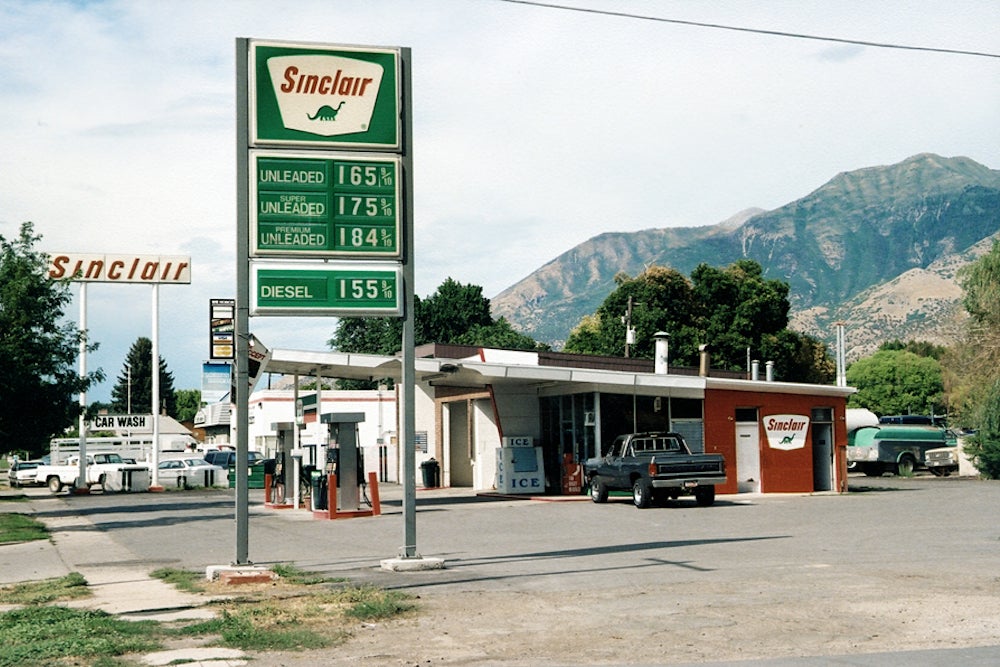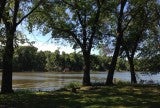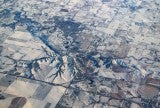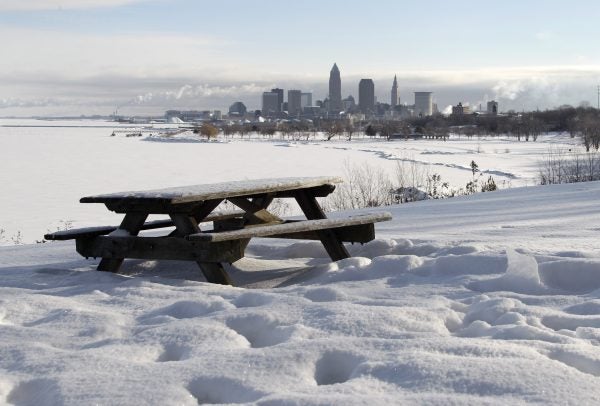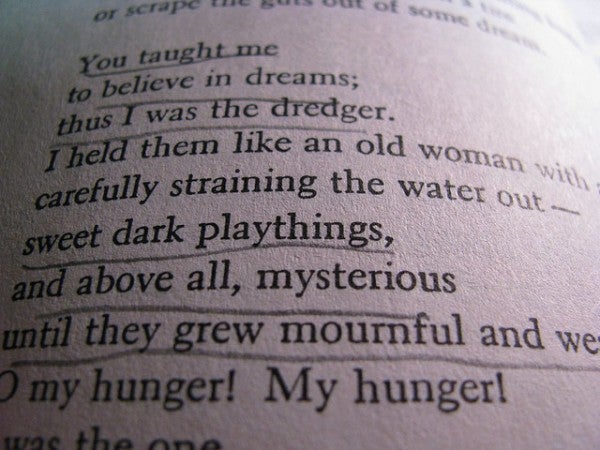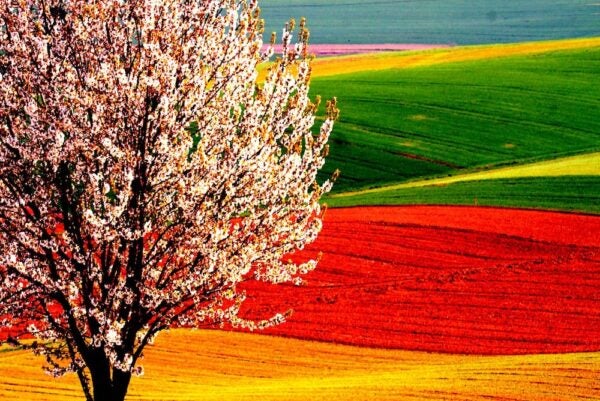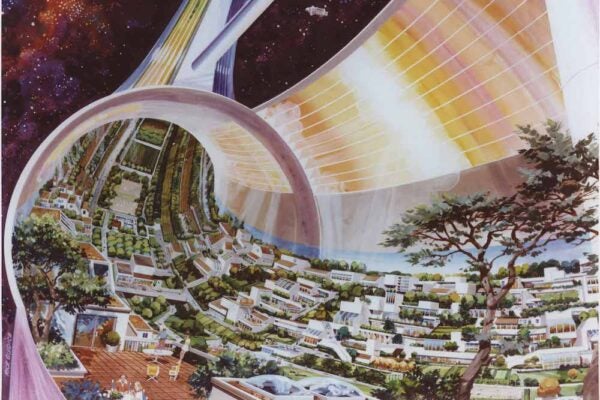Jai Hamid Bashir Wins Zócalo’s Ninth Annual Poetry Prize
In ‘Little Bones,’ a Girl Considers a Utah Sunset, Intoxicated on ‘Untold Plans for Eternity’
Since 2012, the Zócalo Public Square Poetry Prize has been awarded annually to the U.S. poem that best evokes a connection to place. This year, talking about “place”—a concept always open to interpretation—feels particularly poignant as people around the world must now consider its physical constraints and vast virtual possibilities as many of us stay home, in fixed spaces, to slow the spread of COVID-19.
The submissions for 2020 (which came from as far away as Doha, Qatar) dove deep into the meaning of place to explore literal, fictional, and metaphorical …




